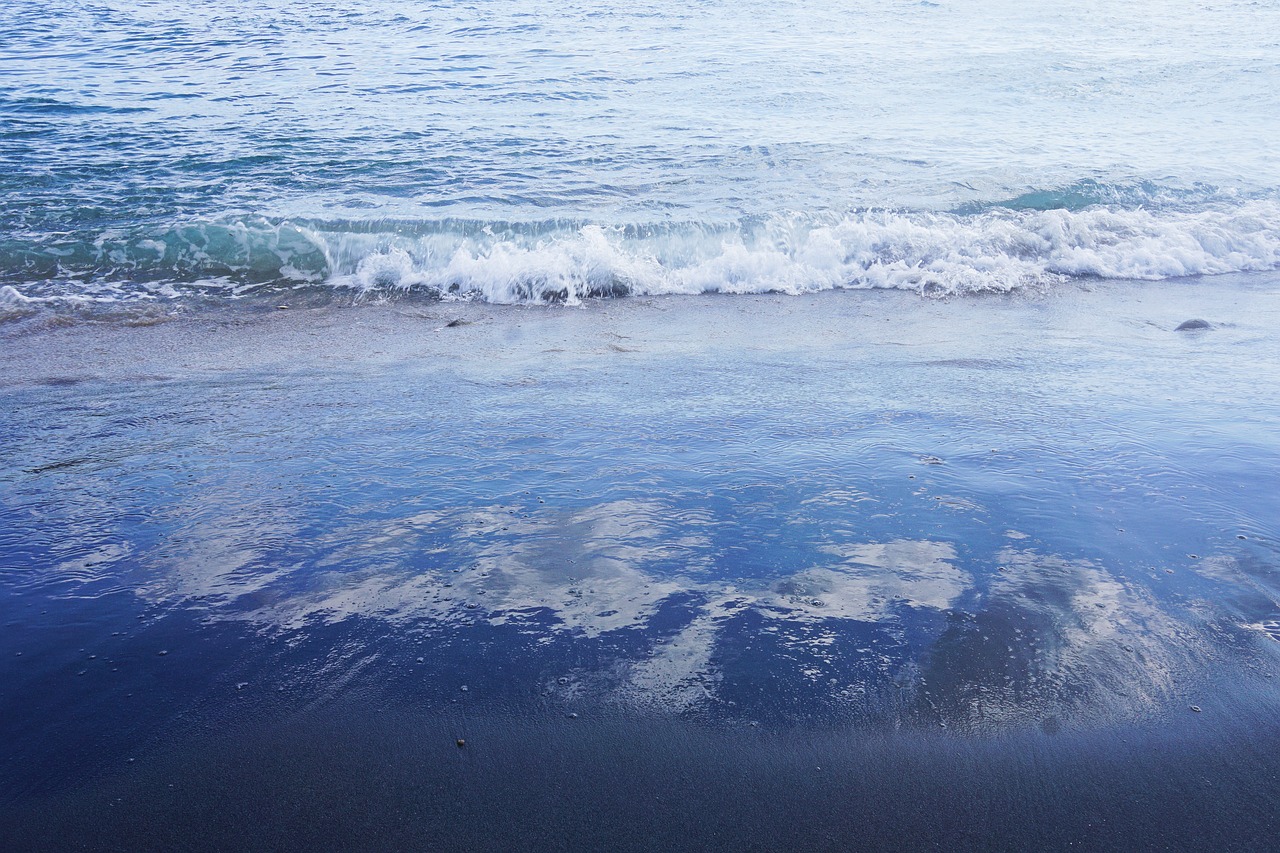Safety Tips for Remote Workers in Panama
Working remotely offers flexibility and freedom, but it also comes with certain challenges, especially when it comes to ensuring your safety. Whether you’re a digital nomad or a remote worker in Panama, it’s crucial to prioritize your well-being and take necessary precautions. Here are some safety tips to help remote workers stay safe in Panama:
Understanding Local Laws and Customs
- Research local laws: Familiarize yourself with the laws and regulations of Panama to ensure you comply with them. Pay attention to specific regulations related to remote work and any restrictions that may apply.
- Respect local customs: Show respect for the local culture and customs. Dress appropriately and be mindful of local traditions and behaviors.
- Know emergency numbers: Keep a list of emergency contact numbers handy, including local police, ambulance services, and your embassy or consulate.
Securing Your Accommodation
- Choose safe neighborhoods: When selecting accommodation, opt for neighborhoods known for their safety and security. Research the area before making any bookings.
- Secure your living space: Ensure your accommodation has proper security measures in place, such as sturdy locks, security cameras, and a safe for valuables.
- Use reputable platforms: Book accommodations through trusted platforms or reputable rental agencies to minimize the risk of scams or fraudulent listings.
Transportation Safety
- Use licensed taxis: Stick to licensed taxis or reputable rideshare services for transportation. Avoid accepting rides from strangers or unmarked vehicles.
- Share your itinerary: Inform someone you trust about your travel plans, including your expected arrival time and destination, especially when taking long-distance trips.
- Stay aware: Be vigilant while using public transportation or walking in unfamiliar areas. Keep an eye on your belongings and be cautious of your surroundings.
Cybersecurity Measures
- Secure your devices: Use strong, unique passwords for your devices and online accounts. Enable two-factor authentication whenever possible to add an extra layer of security.
- Use a VPN: Utilize a Virtual Private Network (VPN) to encrypt your internet connection and protect your data when using public Wi-Fi networks.
- Update software: Regularly update your operating system, antivirus software, and other applications to ensure they have the latest security patches.
Emergency Preparedness
- Create an emergency kit: Prepare an emergency kit with essential supplies, including first aid items, a flashlight, extra batteries, non-perishable food, and water.
- Know evacuation routes: Familiarize yourself with evacuation routes and emergency shelters in the area where you’re staying. Stay informed about any potential natural disasters or emergencies.
- Keep important documents safe: Make digital copies of your important documents, such as your passport and identification, and store them securely in the cloud or in a separate location.
Health and Medical Care
- Get travel insurance: Obtain comprehensive travel insurance that covers medical emergencies, including evacuation, in case of unforeseen circumstances.
- Research healthcare facilities: Familiarize yourself with the local healthcare system and identify nearby hospitals or clinics in case of any medical needs.
- Carry necessary medications: If you have specific medical conditions or require regular medications, ensure you have an adequate supply with you.
Panama Image 1:

Being Street Smart
- Blend in: Avoid drawing unnecessary attention to yourself by dressing modestly and avoiding flashy jewelry or expensive gadgets.
- Stay alert in crowded areas: Be cautious of your belongings in crowded places like markets or public transportation, where pickpocketing can occur.
- Trust your instincts: If a situation feels unsafe or uncomfortable, trust your instincts and remove yourself from the situation.
Panama Image 2:

Emergency Communication
- Have a local SIM card: Purchase a local SIM card to ensure you have reliable communication in case of emergencies.
- Install emergency apps: Download emergency apps that provide vital information and alerts about potential hazards or emergency situations.
- Register with your embassy: Register with your embassy or consulate to receive important updates and assistance during your stay in Panama.
Exploring Remote Work Communities
- Connect with other remote workers: Join online communities or attend local meetups to connect with fellow remote workers. They can provide valuable insights and support.
- Seek local recommendations: Ask locals or other remote workers for recommendations on safe places to work, reliable Wi-Fi spots, and other useful resources.
- Attend co-working spaces: Consider working from co-working spaces that offer a secure and productive environment for remote workers.
Panama Image 3:

Conclusion
By following these safety tips, remote workers in Panama can ensure a secure and enjoyable experience while working remotely. Prioritize your safety, stay informed, and remain vigilant to make the most of your time in this beautiful country.
References
- Panama Tourism Authority: visitpanama.com
- US Department of State – Panama: travel.state.gov
- Panama City Official Website: panamacity.gob.pa
- World Nomads: worldnomads.com

